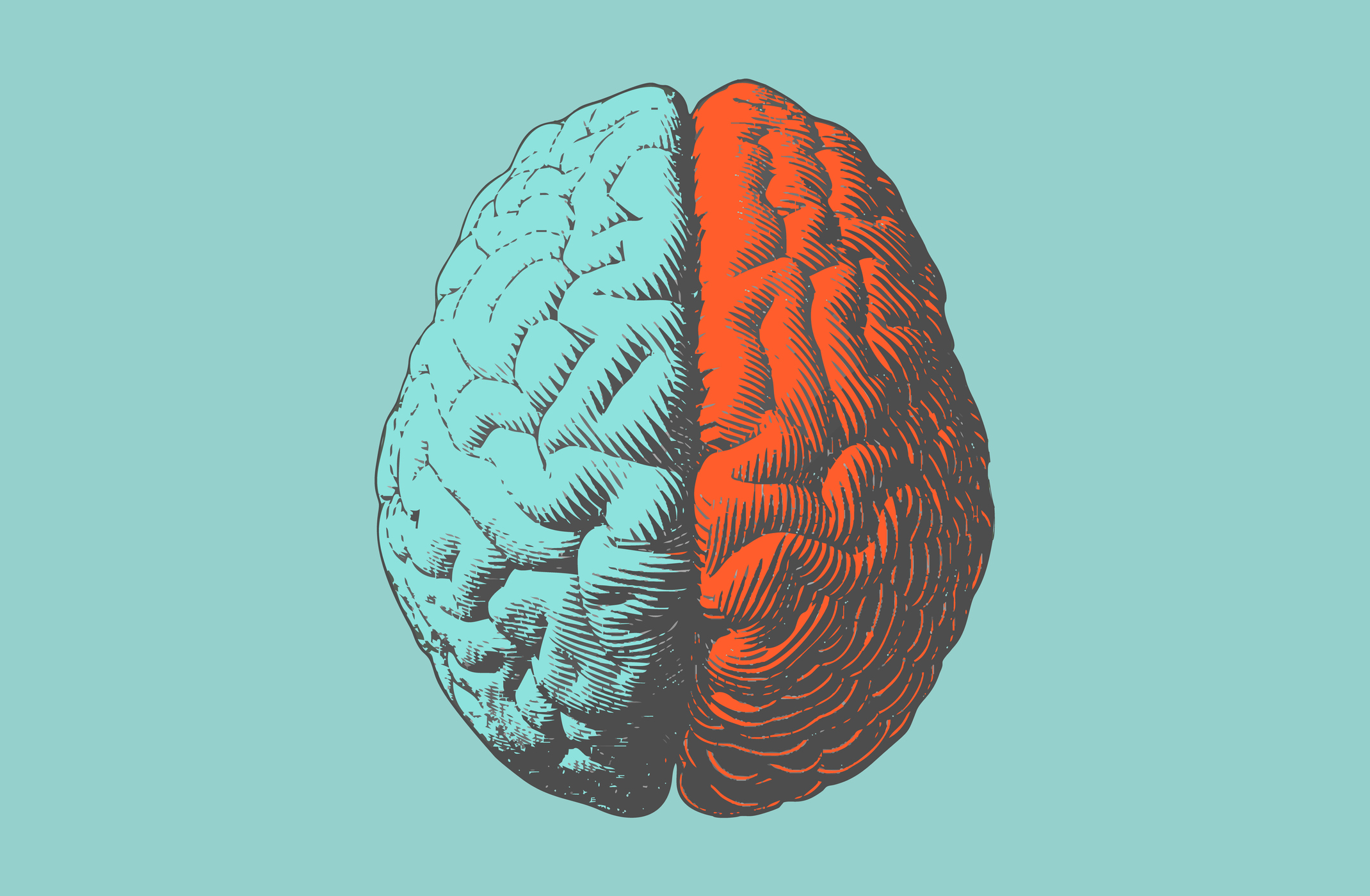Get Easy Health Digest™ in your inbox and don’t miss a thing when you subscribe today. Plus, get the free bonus report, Mother Nature’s Tips, Tricks and Remedies for Cholesterol, Blood Pressure & Blood Sugar as my way of saying welcome to the community!
How Alzheimer’s could be ‘cleaned’ from the brain

Despite years of research, effective therapies for Alzheimer’s are nowhere to be found.
One of the main reasons is that the disease can’t be clinically diagnosed until long after disease onset — when symptoms such as forgetfulness appear.
Unfortunately, by this stage, the underlying brain damage may already be advanced and irreversible.
Earlier studies by researchers have found that the misfolding, aggregation and buildup of amyloid beta proteins in the brain plays a central role in the disease.
In patients with Alzheimer’s, misfolding of the amyloid-beta protein can occur 15 to 20 years before the first clinical symptoms are observed. One study in 2019 found that participants with misfolded amyloid-beta proteins had a stunning 23-fold increase in the odds of being diagnosed with Alzheimer’s within 14 years.
Researchers at UTHealth Houston believe that preventing and removing misfolded protein aggregates is a promising treatment for Alzheimer’s. And they may have found a way to do it….
Blood exchange may help
One of the things complicating Alzheimer’s treatment is the difficulty of delivering therapeutic agents across the blood-brain barrier.
In their latest study, UTHealth Houston researchers have discovered that manipulating circulating components in Alzheimer’s — like beta amyloid proteins — could be the key to solving this issue.
“Blood vessels in the brain are classically considered the most impermeable barrier in the body,” says first author Dr. Akihiko Urayama, a professor with McGovern Medical School at UTHealth Houston and first author of the study. “We have been aware that the barrier is at the same time a very specialized interface between the brain and the systemic circulation.”
During the study, the research team partially replaced blood from mice showing Alzheimer’s disease-causing amyloid precursor proteins with complete blood from healthy mice of the same genetic background.
After multiple blood transfusions, the researchers found that cerebral amyloid plaque development in the mice modeling Alzheimer’s was decreased by 40 to 80 percent. As a result of this reduction, spatial memory performance was improved in aged mice with the amyloid pathology, and the rates of plaque growth were lowered over time.
“This article provides a proof-of-concept for the utilization of technologies commonly used in medical practice, such as plasmapheresis or blood dialysis, to ‘clean’ blood from Alzheimer’s patients, reducing the buildup of toxic substances in the brain,” says senior author Dr. Claudio Soto, a professor with McGovern Medical School. “This approach has the advantage that the disease can be treated in the circulation instead of in the brain.”
While the exact way this blood exchange reduces amyloid pathology and improves memory is unknown, there are several possibilities.
One theory is that by lowering the amyloid beta proteins in the bloodstream, it could help redistribute the proteins from the brain to the periphery. Another potential explanation is that blood exchange somehow prevents amyloid beta influx or inhibits the re-uptake of cleared amyloid beta.
Possible ways to control beta amyloid
While the results of the UTHealth Houston study are encouraging, it could take years for any resulting therapies to emerge. Until then, you may want to know if there’s anything you can do to reduce beta amyloid protein in your body.
As we noted in an earlier issue, some studies indicate lipoproteins produced in the liver could be one source of Alzheimer’s-related beta amyloid. If the liver produces too many of these, it can result in problems with the liver’s ability to metabolize fat.
In this case, you can keep your liver from overproducing lipoproteins, and by extension lipoprotein amyloid, through a healthy diet, regular exercise and reducing exposure to toxins in air, water and food.
Make sure you eat a diet rich in whole grains, fruits and vegetables, omega-3 fatty acids and healthy monounsaturated fats like olive oil and avocados.
You should also be getting plenty of omega-3 fatty acids, especially brain-loving DHA.
A 2014 study found that omega-3 fatty acids enhance your immune system’s ability to clear the brain of amyloid plaques. And another 2014 study that eating fish more often led to better communication between brain cells and more gray matter in areas that form memories and are responsible for high-level thinking.
Editor’s note: While you’re doing all the right things to protect your brain as you age, make sure you don’t make the mistake 38 million Americans do every day — by taking a drug that robs them of an essential brain nutrient! Click here to discover the truth about the Cholesterol Super-Brain!
Sources:
Whole blood exchange could offer disease-modifying therapy for Alzheimer’s disease, study finds — UTHealth Houston
Preventive and therapeutic reduction of amyloid deposition and behavioral impairments in a model of Alzheimer’s disease by whole blood exchange — Molecular Psychiatry
Protein misfolding as a risk marker for Alzheimer’s disease — ScienceDaily
Vitamin D3-Enriched Diet Correlates with a Decrease of Amyloid Plaques in the Brain of AβPP Transgenic Mice — Journal of Alzheimer’s Disease
Nerve growth factor and Alzheimer’s disease — Reviews in the Neurosciences














